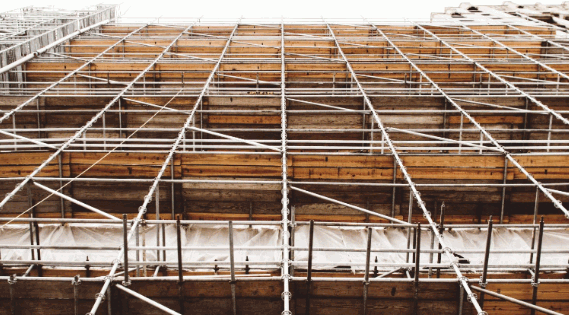
If you're planning any kind of home improvement, repair, or construction work on your upper walls or roof, you'll most likely need scaffolding.
This leads most people to ask, how much does scaffolding cost?
As a leading scaffolding company in Darlington, the Northeast & North Yorkshire, the Scaffold Crew understands that this is probably the most important factor when it comes to hiring scaffolding.
So, we've created this blog to provide all the information you might need!
As you might imagine, it's a fairly complex subject. With so many factors to consider, finding an accurate price can be a challenge, but we'll try to present average costs to give you an idea of what to expect.
Let's begin with the way scaffolding companies charge for their services...
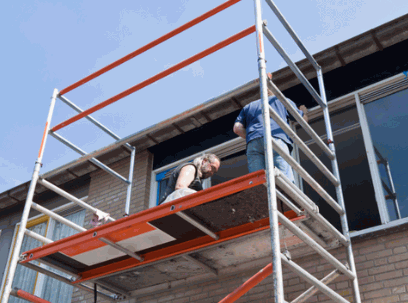
Scaffolding companies charge different rates depending on various factors, so we need to investigate these in depth:
Dig Deeper: How Much Is Scaffolding For A House
Larger and more complex scaffolding projects will naturally incur higher costs due to the increased amount of materials and labour required. This encompasses not only the height and width of the scaffolding but also any intricate designs needed to fit the unique structure of the building. For example, buildings with unusual shapes, overhangs, or other architectural features may necessitate custom scaffolding solutions, adding to the overall expense. The complexity also includes safety measures that must be implemented, particularly in projects involving great heights or unusual configurations.
Scaffolding costs are frequently based on the length of time the scaffolding is required. Most companies will charge a base rate for the initial hire period, typically around 6-8 weeks. After this initial period, a weekly rate is generally applied for any additional time the scaffolding remains in use. It’s important to plan the project timeline accurately to avoid unexpected costs.
Extended hire periods can significantly increase the overall expense, and it might be beneficial to negotiate terms with the scaffolding provider if you anticipate needing the structure for a longer duration.
The location of the project can significantly influence the cost of scaffolding hire. Urban areas, particularly in London and the Southeast, tend to have higher rates due to increased demand and potentially more logistical challenges. These challenges can include difficulties in transporting materials, restricted working hours due to local regulations, and the need for additional permits.
In densely populated areas, the setup and dismantling of scaffolding may also require more careful planning and coordination to minimise disruption to the surrounding environment. Consequently, projects in rural or less densely populated areas might be less expensive, although factors like accessibility and distance from the scaffolding company’s base of operations can also play a role.
The ease or difficulty of accessing the site can significantly affect the price. Hard-to-reach areas that require more complex scaffolding structures or additional safety measures will inevitably increase the overall cost. Factors such as narrow streets, tall buildings, or uneven ground can complicate the setup process, necessitating specialised equipment and more labour-intensive efforts. Additionally, urban areas with heavy traffic or restricted zones may require permits and coordination with local authorities, further adding to the expenses.
Different types of scaffolding structures, such as tower scaffolding, suspended scaffolding, and cantilever scaffolding, come with varying price points due to their unique requirements in terms of materials and setup complexity. For example, tower scaffolding, commonly used for straightforward projects, is generally less expensive and simpler to erect.
In contrast, suspended scaffolding, often used for high-rise buildings, involves more intricate installation procedures and specialised components, leading to higher costs. Cantilever scaffolding, used in situations where ground support is limited, requires careful planning and robust construction, making it one of the more costly options. Each type's specific demands on labour, time, and resources contribute to the overall pricing differences.
The cost of labour for erecting and dismantling the scaffolding is included in the overall charge. This cost can vary significantly based on the complexity of the job and regional labour rates. For instance, projects in urban areas where the cost of living is generally higher may incur higher labour rates compared to rural areas.
Additionally, the complexity of the job can influence the labour costs; more intricate designs or challenging site conditions require skilled workers, longer hours, and potentially more personnel, all of which increase expenses. Factors such as the need for specialised training, experience, and certifications for certain types of scaffolding can further impact the labour costs.
So, it is important to consider both the location and the specific requirements of the project when estimating the labour component of scaffolding costs.
Learn more: How Much To Rent Scaffolding
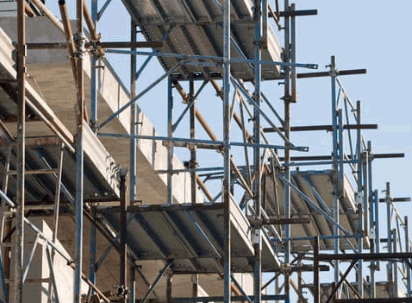
To provide a ballpark figure, here are some typical costs associated with scaffolding in the UK:
The cost ranges from £800 to £1,500 for an initial 6-8 week period. This includes the setup and dismantling of the scaffolding, ensuring a safe and secure structure for workers to access various parts of the building.
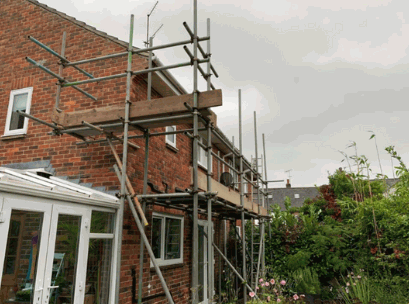
For a detached house, scaffolding hire prices are generally higher, ranging from £1,000 to £2,000 for the same initial 6-8 week hire period. The increase in cost is often due to the larger size and potentially more complex layout of detached houses, requiring more materials and labour.
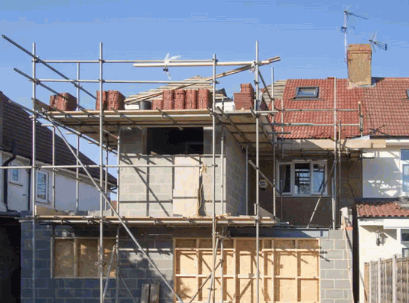
If the scaffolding needs to remain in place beyond the initial period, additional costs apply. These extension charges typically range from £100 to £200 per week, depending on the size and type of scaffolding. This ensures the continued availability of the structure for ongoing work.
For more specific applications, such as tower scaffolding, the costs can vary based on the height and complexity of the structure. On average, tower scaffolding hire costs between £250 and £300 per week. This type of scaffolding is often used for tasks that require workers to reach higher elevations safely and securely, such as chimney repairs or roof work.
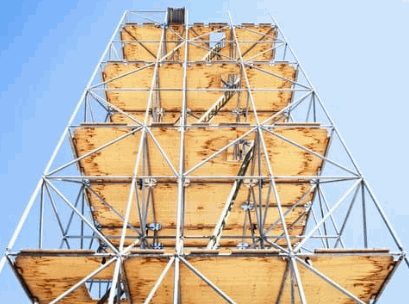
Whatever work is being undertaken, if it takes place over the top of a conservatory you'll need a scaffolding bridge to protect it. This structure will prevent any damage to the conservatory and is used to access the upper floors or roof tiles without the conservatory needing to bear weight.
Typically, this will be between £400 and £850, with an average cost of around £650 per week.
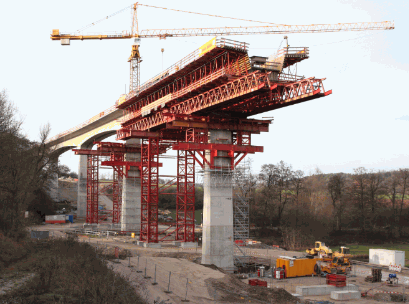
The cost of scaffolding for chimney work varies depending on the height of the building and the type of project. The age, height, and condition of the chimney also need to be considered. Anyone working on a chimney for any reason needs to ensure that scaffolding is used, as there is a real risk of
Average costs start from around £250 for a bungalow and can go to £750 or more for a two or three-storey house.
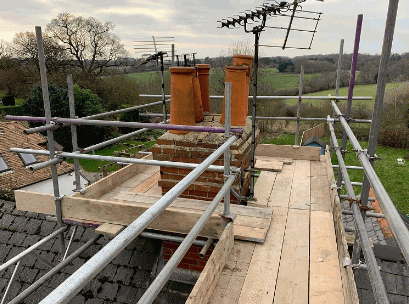
These estimates provide a general idea of the costs involved, but actual prices can vary based on factors such as location, accessibility, and specific project requirements. Always consider obtaining detailed quotes from several scaffolding providers to ensure you get the best value for your specific needs.
Double scaffolding, also known as independent scaffolding, is commonly used for stone masonry work. It involves two rows of vertical metal poles (standards) placed parallel to the building at a fixed distance. The inner row is close to the wall, while the outer row is further away, providing extra support and stability. This type of scaffolding does not rely on the building for support, making it robust and safe for heavy-duty work.
The cost for double scaffolding in the UK typically ranges from £15 to £20 per square metre for the initial period. For example, covering a 100 square metre area might cost between £1,500 and £2,000 for an 8-week period. Weekly extension charges can be around £100 to £150 per week.
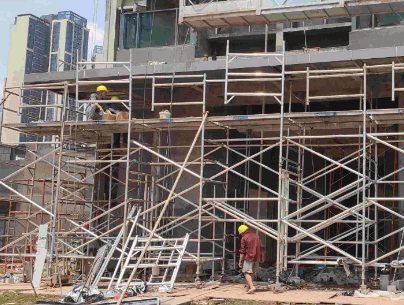
Single scaffolding, also known as bricklayer's scaffolding, is primarily used for brick masonry. It consists of a single row of vertical poles (standards) fixed parallel to the wall at a distance of about 1.2 metres. The standards are connected by horizontal ledgers and supported by putlogs, which are placed at right angles to the wall and rest on the ledgers.
The cost for single scaffolding in the UK generally ranges from £10 to £15 per square metre for the initial period. For instance, for a 100 square metre area, the cost might be between £1,000 and £1,500 for an 8-week hire period. Weekly extension charges can be approximately £75 to £125 per week.
Check out: How Long Can Scaffolding Be Left Up
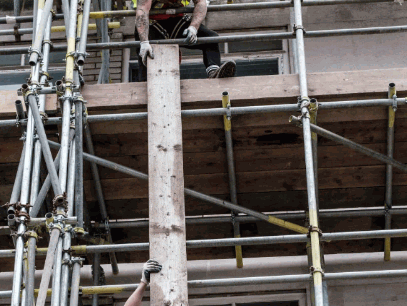
To provide a clearer understanding, here are a few examples of scaffolding hire costs...
For a semi-detached property over 10 weeks, you should expect the cost to be something like this:
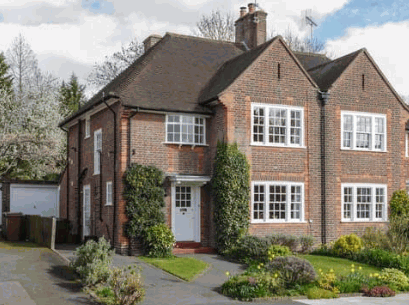
If you need scaffolding for a detached house for a 12-week period, the cost breakdown might be as follows:

For a terraced house requiring scaffolding for 6 weeks, the cost could be:
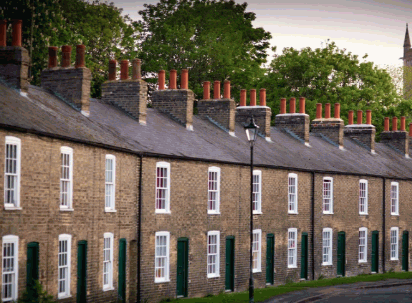
For a small commercial building needing scaffolding for a 10-week period:
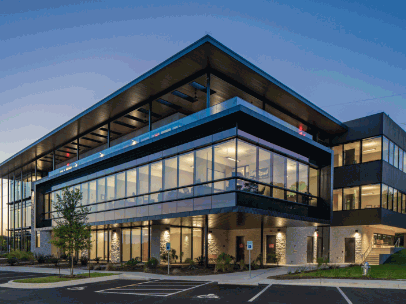
If you need a scaffold tower for a chimney repair over a 4-week period:
For a full building renovation requiring wrap-around scaffolding over a 14-week period:
For more complex arrangements, the prices will necessarily be higher...
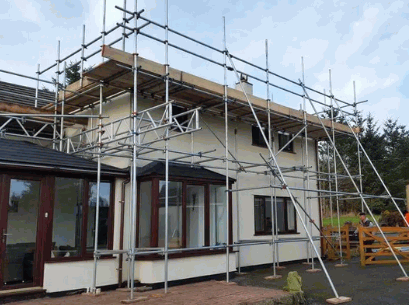
For a high-rise building requiring suspended scaffolding for 8 weeks:
For an area that requires cantilever scaffolding over a 6-week period:
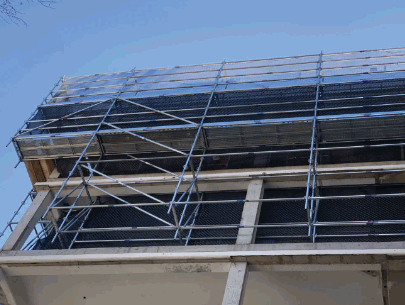
If you're looking into the topic of scaffolding costs, it's a fair bet that you're considering some kind of repair, renovation, or cleaning. This could be on a public building, heritage site, commercial or industrial premises, or your own home. In fact, the possibilities are almost endless; wherever anyone is working at height, they need a safe working platform, and scaffolding hiring is the best way to ensure this.
While the laws are open to interpretation, they are clear on this: you must take every precaution to follow safety standards. When considering the cost of scaffolding, it's tempting to seek alternatives, such as ladders. However, cutting corners (and costs) is likely to result in falls, injuries, and damage, which are far costlier in the long-term, and not only in financial terms.
If you're planning any of the following projects, it's almost inevitable that you will need to hire scaffolding:
By addressing these varied needs, scaffolding hire services play a crucial role in ensuring the safety and efficiency of numerous construction, maintenance, and renovation projects across the UK.
Uncover more: Do You Need Scaffolding To Replace Windows
Technically, yes - you can hire scaffolding and set it up yourself under UK regulations.
However, erecting scaffolding safely and dismantling it afterward is not a single-person job! Also, you are expected to comply with all safety standards set by the Health and Safety Executive (HSE).
This includes securing all the necessary permits and licenses and arranging for regular inspections.
Without these, you are at serious risk of financial penalties.
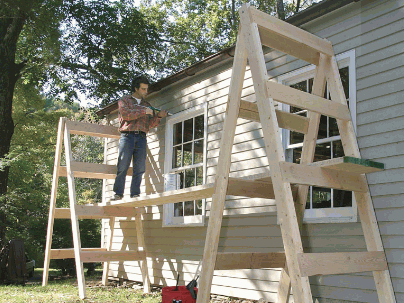
As most contractors don't keep their own scaffolding, they often rely on a scaffolding company to provide this depending on project requirements. This is mostly due to the bulky nature of the equipment and the need for storage.
Although you can hire scaffolding directly from someone in the scaffolding industry, it often costs more, especially for smaller projects.
So, the cost of renting scaffolding is usually included in the contractor's final bill. Some traders won't make a big profit on this, although others will maximise the cost of scaffolding to make a bit extra.
That's why it's important to gain an understanding of the costs involved to make sure you are getting a reasonable deal!
Why does scaffolding cost as much as it does? The answer is all to do with keeping workers safe at all times, as well as the specialist training and technical skills required.
Finally, if you have any further questions or need professional advice on scaffolding, get in touch with the Scaffold Crew!



